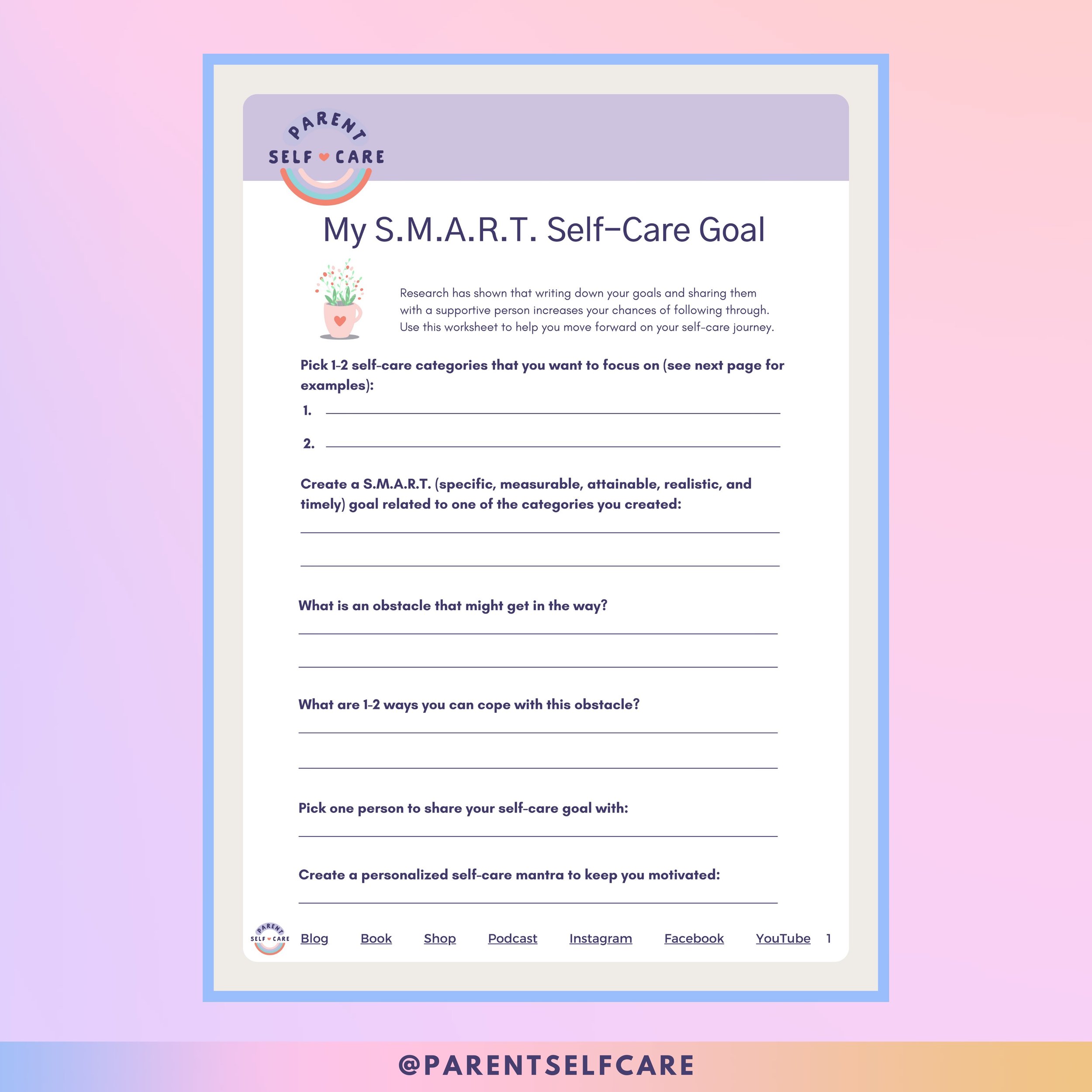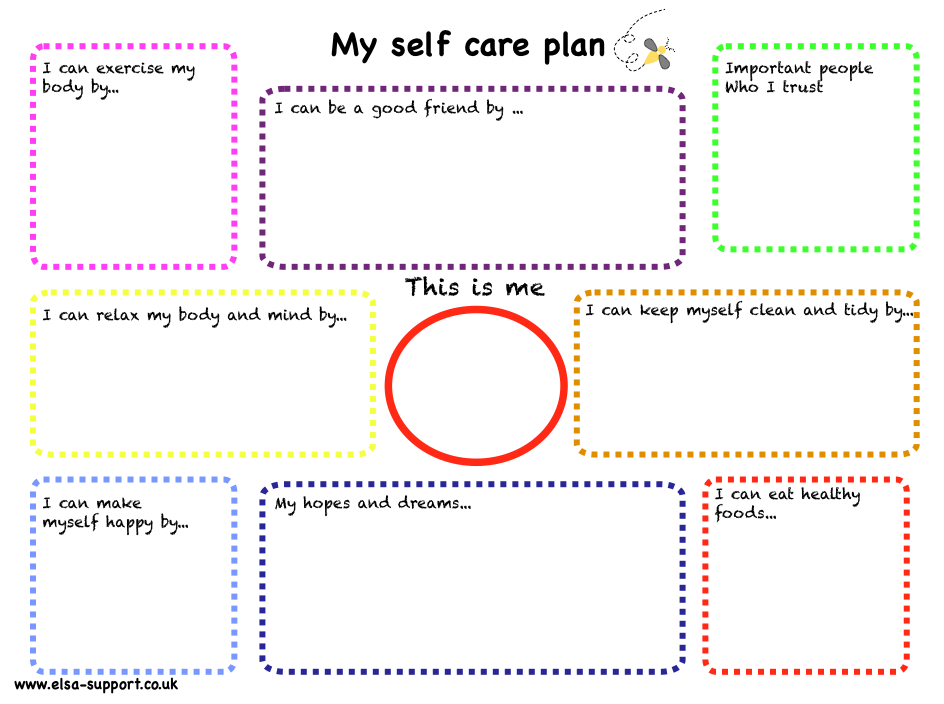The Wellness Wheel’s 9 Self-Care Categories
Written by Kristi Yeh, LMFT
Going Beyond Buzz Words, and Getting Down to Brass Tacks
Self-care is no longer a rarefied term discussed amongst mental health professionals, it’s become so pervasive that it is now a 10-billion-dollar industry. You might be imagining a fancy vacation or spa treatment, but self-care is about doing small things on a regular basis to increase and sustain your well-being. Self-care absolutely can be a trip or massage, but it also includes many things you might not consider to be fun, such as: getting enough sleep, setting boundaries with technology, eating a balanced diet, and exercising regularly. In addition, self-care doesn’t need to break the bank. In fact, there are many free self-care activities such as checking out a book from the library, taking a walk with a friend, meditating, or researching free classes or events (check your local library, peruse eventbrite, or look up free museum days).
There are a variety of self-care categories that change depending on the resource. I’m going to breakdown 9 categories that you often see on a Wellness or Self-Care Wheel.
9 Self-Care or Wellness Wheel Categories:
Emotional – Finding and practicing healthy coping skills to manage stress and other difficult emotions.
Physical – Regular exercise or movement, eating a balanced diet, healthy sleep hygiene/sleep routine, and following up with your medical providers as scheduled.
Social – Investing and spending time with people that make you feel safe, inspired, encouraged, and joyful. Nurturing healthy relationships and setting boundaries in toxic relationships. Read 11 Ways to Build Community as a Parent for more on this wellness category.
Spiritual – Finding purpose and fulfillment in the human experience. This can be through reading, conversations with friends/loved ones/teachers/mentors, meditation, prayer, or participating in a religious community. Check out my Spiritual Self-Care book collection on my Bookshop page.
Occupational – A work experience inside (as we know parenting is the equivalent of 2.5 full time jobs) and/or outside the home that is manageable, meaningful, and enjoyable.
Intellectual – Thinking about how you can continue to grow and learn. This can be anything from reading, taking a class or attending a training, or listening to podcasts.
Cultural – Participating in your community’s cultural offerings. This may include going to a concert, play, dance show, opera, podcast taping, movie, museum, pop-up event, restaurant, or trip.
Environmental – Think Marie Kondo sparking joy through tidiness! You may not be able to roll all of your shirts into beautifully compact rolls (I know I haven’t!), but what you can do is spend some time making your home and/or work spaces calming and inviting. Another wonderful book is How to Keep House While Drowning: A Gentle Approach to Cleaning and Organizing by KC Davis. This also includes exploring the natural environment by spending time in nature and/or bringing more natural elements into your home.
Financial – Finding a budgeting style that works for you, focusing on a healthy balance between spending and saving.
Now that you have a better idea of what self-care is all about, try picking one or two categories you want to focus on in the coming weeks. As busy parents, and really as any individual, it’s unrealistic to be all in on the Wellness Wheel. What we need and want changes over time, and we won’t always be dropping the mic in the self-care department. Ebbs and flows are normal, and there is no perfect when it comes to self-care. Focus on S.M.A.R.T. self-care goals that have meaning to you, and only you.
Check out the following resources as you move forward on your self-care adventure!
“Do something today that your future self will thank you for”
Article
5 Reasons to Run for Mental Health by Kristi Yeh and Kjersti Nelson
11 Ways to Build Community as a Parent by Kristi Yeh
What Does Financial Wellness Look Like in the Age of Self-Care? by Vox Creative
11 Ways to Start Your Gentle Self-Care Journey for Parents that are Less Comfortable in the Great Outdoors by Kristi Yeh
Digital Wellness in The Age of Screens for Parents: 14 Ways to Create Healthy Boundaries with Technology by Kristi Yeh
Books
Handouts and Worksheets
Using the Vitality Wheel by Suzy Reading to plan your self-care routine
Journals
Kristi Yeh is a parent of two, and a Licensed Marriage and Family Therapist who has been practicing in California for over ten years. She currently works in school-based mental health at a public elementary and middle school. A part of Kristi’s role entails discussing self-care with parents. Research shows that the better the adults take care of themselves, the healthier our children are at home and school. Yeh is also the author of Self-Care 101: Self-Care Inspiration for Busy Parents and The 3 Cs of Parental Well-Being: Curiosity, Compassion + Community.







